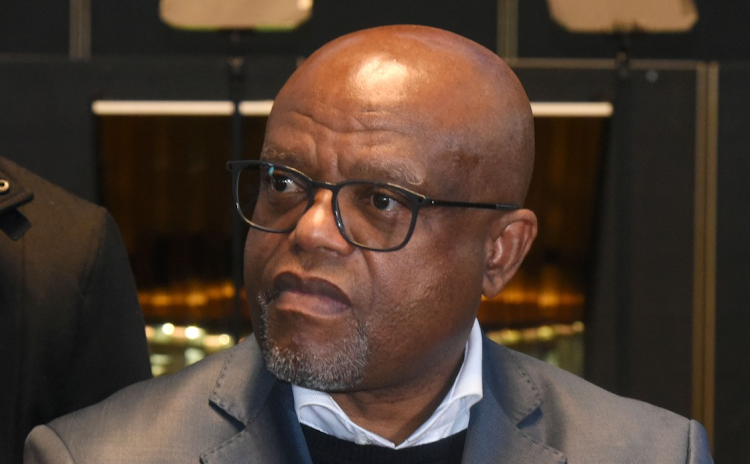
Kabelo Gwamanda has stepped down as Johannesburg’s mayor, ending a controversial tenure marked by growing public dissatisfaction and criticism. His resignation, seen by many as long overdue, has sparked a mix of relief and cautious optimism among the city’s residents, business owners, and political observers.
Gwamanda’s exit follows weeks of mounting pressure from opposition parties, civil society groups, and frustrated residents who questioned his ability to manage South Africa’s largest city. Johannesburg has faced significant challenges under his leadership, including unreliable electricity, frequent water shortages, and deteriorating infrastructure.
Nandi Mokwena, a small business owner in the inner city, expressed her frustration: “This resignation should have happened months ago. We’ve been struggling with basic services. Johannesburg needs leaders who prioritize fixing these issues, not just using the mayoral office as a political stepping stone.”
Political analyst Thabo Maseko from the University of Pretoria noted that Gwamanda’s resignation was inevitable given the increasing calls for change. “His tenure highlighted the complexities of governing a city like Johannesburg, where the demands are immense, and resources are often stretched thin,” Maseko commented.
ActionSA, led by former Johannesburg mayor Herman Mashaba, was among Gwamanda’s most vocal critics. The party welcomed his resignation, describing it as a necessary step to prevent the city from falling further into disrepair. “This is just the beginning; the real work of rebuilding Johannesburg starts now,” the party stated.
Despite the widespread relief, some residents remain skeptical. Sipho Dlamini from Soweto voiced concerns about the revolving door of mayors who fail to deliver on their promises. “We’ve seen this before—they come in with grand plans, but on the ground, nothing changes,” he said.
The Joburg Crisis Alliance (JCA), a coalition of civil society groups, echoed this sentiment, urging that Gwamanda’s resignation should be a moment of introspection rather than celebration. “This is not a victory; it’s a wake-up call,” said a JCA spokesperson. The alliance called for leadership that truly prioritizes the needs of Johannesburg’s residents, particularly in addressing the city’s critical infrastructure issues.
As the city council prepares to elect a new mayor, Dada Morero, the ANC’s regional chairperson and a former mayor, has emerged as a leading candidate. Morero faces the enormous task of stabilizing Johannesburg’s governance and restoring public trust.
Local entrepreneur Tshepo Khumalo summed up the prevailing mood: “Morero has a chance to prove himself, but he needs to act quickly. Businesses are struggling, people are losing faith, and the city can’t afford any more missteps.”
With Johannesburg’s future at a critical juncture, residents are demanding more than just a change in leadership—they want accountability, transparency, and a mayor who can deliver tangible results. As the city council convenes to elect a new leader, the stakes are higher than ever, and the people of Johannesburg are watching closely, hoping for a leader who will finally address their concerns.


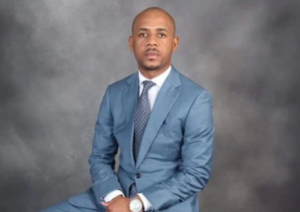
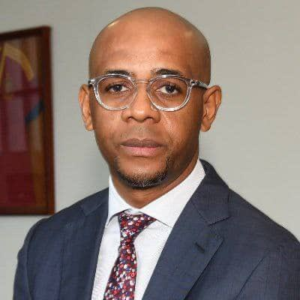
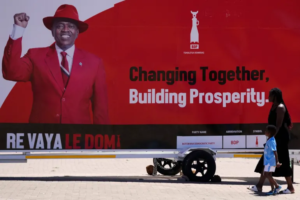
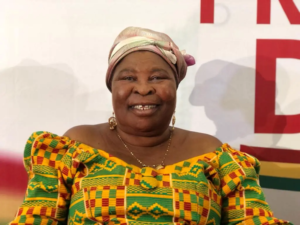
Be First to Comment